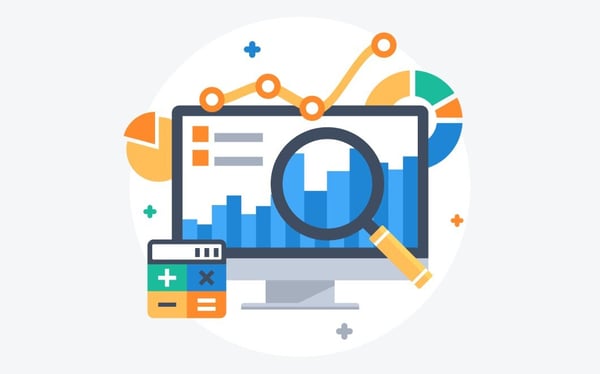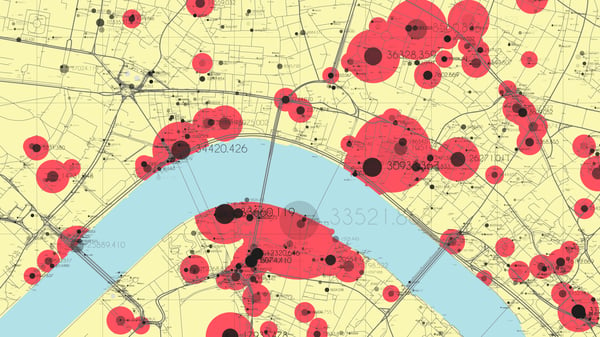Podcast: 4 Ways ePCR Software Can Relieve EMS’ Biggest Headaches
4 Must-have Data Points for Dispatch-Billing Alignment and Maximum Reimbursement
To obtain revenue integrity, dispatchers need to know what questions are crucial to ask and which data fields must be completed to align with billing and support revenue integrity.
Was this information valuable?

In emergency situations, dispatchers are responsible for guiding 9-1-1 callers through tough situations with life-saving support. Simultaneously, they are looking at obtaining the critical information needed to ensure that the most appropriate level of care is sent to the patient as quickly as possible. Dispatchers are challenged with continually assessing (and reassessing) the status of crews in the field, all while triaging trips if resources are limited.
The data collected up front by the dispatcher needs to be gathered efficiently and accurately — not only to reduce response times, but also to establish compliant documentation for billing purposes. As the frontline for patient encounters, dispatchers obtain data that is paramount to the reimbursement process. Dispatchers need to know exactly what crucial questions to ask, and which specific data fields are the most important to capture, for revenue integrity and maintaining the agency’s financial health.
Optimizing Dispatch-Billing Alignment Safeguards Revenue
“If proper documentation does not start with the dispatcher, heavy financial burdens on the agency may result,” said Brad Marzolf, Implementation Consultant at ZOLL. Indeed, data improperly managed up front causes downstream consequences, such as:
- Billers being forced to chase down crucial info. Without the proper management of trips by a dispatcher, billers are often left trying to sort out the reasons for services, delaying billing services.
- Low reimbursement rates. Higher levels of services sent to patients that did not require them results in lower reimbursement, for example.
- Claim rejections that cost revenue. Non-emergency transportation that does not meet medical necessity, for example, will typically be rejected by insurance payers, resulting in lost revenue.
To learn more about the importance of aligning dispatch with billing and to get tips for capturing accurate data up front to preserve revenue integrity, download the tip sheet: 4 Data Fields Dispatch Must Get Right for Billing Success.
Related Posts
How EMS Agencies Can Reframe Need and Refocus Resources With Geospatial Analytics
How To Minimize Radio Chatter and Reduce Guesswork With Smarter Dispatch Resource Management
ZOLL Pulse Blog
Subscribe to our blog and receive quality content that makes your job as an EMS & fire, hospital, or AR professional easier.
ZOLL Pulse Blog
Subscribe to our blog and receive quality content that makes your job as an EMS, fire, hospital, or AR professional easier.




